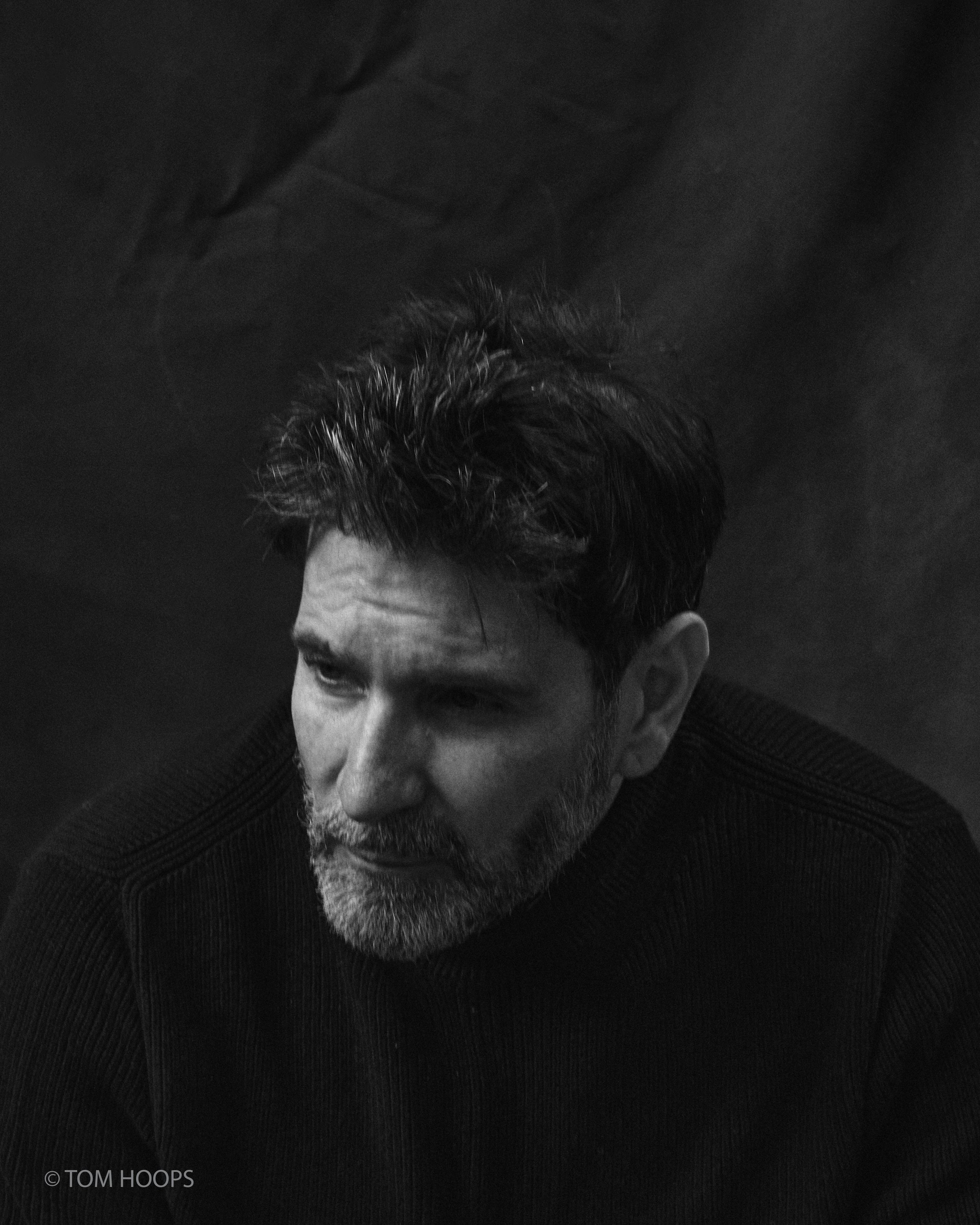Olivier Sarbil, born in Corsica, is a multi-award winning documentary Director and two-times Emmy® winning Cinematographer based in New York. Over the past two decades, Sarbil has worked extensively in the Middle East, Africa, Europe, North America and Asia, on many of the most pressing global conflicts and social issues that the world has faced.
From an early age Sarbil was fascinated with drawing and visual expression. But, frustrated by the constraints of the art and literature course he was enrolled in, he dropped out of university at age 21 and joined an elite French paratrooper regiment. Posted to Rwanda in 1993, he was deeply affected by the genocide and the scenes he witnessed there. It wasn’t an overnight transformation, but the experience eventually led Sarbil to lay down arms and pick up a camera. Living in Southeast Asia, a decade later, he began photographing the long-running ethnic conflicts in Myanmar and documented the violent, rolling street protests between the so-called Red Shirts and the government in Thailand. He quickly made a name for himself with his dark, visceral style and his uncanny ability to gain intimate access to the most difficult of subjects. From there he moved into cinematography.
In 2011, his life took an unexpected turn when he was severely wounded by a rocket-propelled grenade while documenting the civil war in Libya. His wounds only strengthened his resolve to continue telling stories that further the understanding of the human condition, in all its contradictions. Since then, he has filmed from the frontlines of the war in Syria, the spillover of that conflict in Lebanon and Jordan - and was in Gaza during the 2012 war with Israel. Sarbil accompanied French troops deployed to combat jihadists in Mali and filmed in the Central African Republic at the height of the interethnic violence. From 2014 to 2015, he documented the war in eastern Ukraine, following Russia's illegal annexation of Crimea.
In 2016-2017, over the course of Mosul's nine-month battle, Sarbil followed a group of young Iraqi Special Forces tasked with leading the fight against ISIS. The resulting eponymous short film, ‘MOSUL’, aired on PBS Frontline. His directorial debut was met with huge critical acclaim, garnering Sarbil an Emmy nomination for Best Documentary, an Emmy win for Outstanding Cinematography and a BAFTA nomination for cinematography, among countless other accolades and awards. The Guardian described the film as “an astonishing portrait of urban combat, and a gripping reflection of the universal, eternal truth of warfare”.
For his first feature, ‘ON THE PRESIDENT’S ORDERS’ (2018), Sarbil filmed a chilling portrait of the ongoing drug war in the Philippines. Praised for its clarity of vision, striking images, and unique access, the film garnered an Emmy nomination for Outstanding Documentary, with Variety describing it as “a wholly cinematic, sensory experience, with straight-ahead reportage electrified by glaring streetlights and a panicked urban wall of sound.” The film was further recognized when it won the Royal Television Society Award For Photography, celebrated for “a bold, brave, and masterful use of the lens.”
From 2020 to 2021, including six months embedded with the forward deployed US Special Forces in Afghanistan, Sarbil has been working with Academy Award®-nominated Director Matthew Heineman as cinematographer for his film ‘RETROGRADE’ which chronicles the end of the U.S. war in Afghanistan. The film won an Emmy for Outstanding Cinematography and was described by Variety as “sharper and more artfully framed than most Hollywood features.”
From 2022 to 2024, Sarbil directed and filmed ‘VIKTOR’, produced by Academy Award®-nominated Director Darren Aronofsky. The film, a uniquely intimate portrait of a Deaf person’s experience of the Russian invasion of Ukraine, premiered at the Toronto International Film Festival (TIFF) and was featured in the prestigious Platform Prize programme. IndieWire described the film as “an up close and personal, highly stylized excursion.” Roger Ebert praised the documentary as “a piercing indictment of the ways we’ve made a spectacle of war.”
